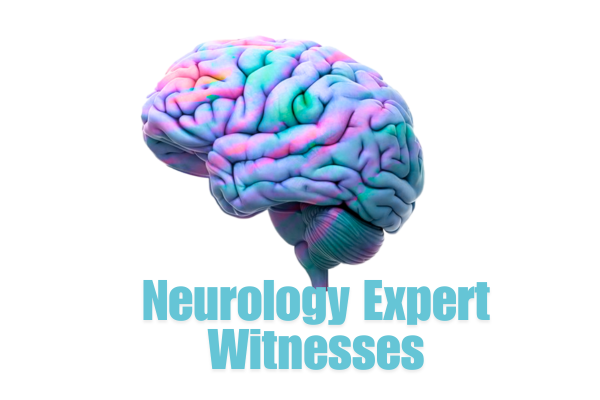As legal cases involving diseases of the brain, spinal cord, and nervous system become more intricate, neurology expert witness’s are vital. Trained in all areas related to nervous systems, neurosurgeons provide valuable assistance in conditions that other medical specializations may misapprehend. Here is why and when such an expert can and should be used in a particular legal case.
Severity of Neurological Conditions
One’s health is greatly affected by neurological disorders due to their ability to disrupt normal life processes. This includes the use of the limbs, nervous activities, and emotions. In personal or medical injury legal cases a neuroscience expert can shed light upon various diagnoses. This can include TBI (traumatic brain injury), TIA (transient ischemic attack), or structures of the spine. These professionals interpret medical jargon, terms, and conditions and convey them to the bench and the jury in simple, easy-to-understand terms.
Causation in the Context of Injury and Illness Evidence
Causation is one of the most common and most important aspects that a neurology expert should prove as an expert witness. The causative relation between the injury and the neurological sequelae may be unclear and recognized much later. In a recent motor vehicle accident case, the plaintiff suffered a head injury that caused depression or chronic headaches. The expert neurology witness may evaluate medical records, reach clinical conclusions, and give a definitive opinion as to whether the occurrence affected the injury sustained.
Limited Medical Damage Replacement
It is common practice that neurology experts are included to determine the ‘upper limits’ of an injury. For instance, in the case of a spinal cord injury plaintiff, the expert will have to decide the extent of the injury. This includes whether the injury is complete or partial, will there be any loss of limb movement. Additional consideration is given to the possibility of further compulsory or elective surgery and physiotherapy. The testimony may even give an explicit estimate of future medical needs and the quality of life considerations.
Medical Malpractice Cases
In medical malpractice cases a neurology expert can evaluate the standard of care provided to the patient. In numerous instances, neurologists have determined if delay in treatment, misdiagnosis, or surgical procedures caused or contributed to a neurological condition. As a result of their testimony, the court will decide whether any negligence on the healthcare provider worked to the patient’s disadvantage.
Competency and Mental Capacity Evaluations
In civil cases related to the writing of a will or guardianship, the issue of mental competency or capacity is reviewed. An expert witness in neurology may be called to determine if the state of individual witnesses. If they are suffering from Alzheimer’s, other forms of dementia, or other neurological disorders, this may affect cognition and decision-making. Their findings are important for deciding whether that person is competent enough to make legal decisions or face trial.
Objective Testimony From Neurology Expert Witnesses
The most remarkable benefits to having a neurologist expert witness is that they give opinions based on the facts. Other witnesses who are caught in the case may have emotional responses. Because expert neurology specialists provide empirical evidence, the court can comprehend the medical aspects of the case.
Neurology expert witnesses address complicated medical issues in a detailed and simplified manner. They play a critical role in the outcome of the case, whether related to personal injury, medical negligence, or mental competency evaluation. These professionals enable the judicial system to adjudicate rationally using the facts presented.




